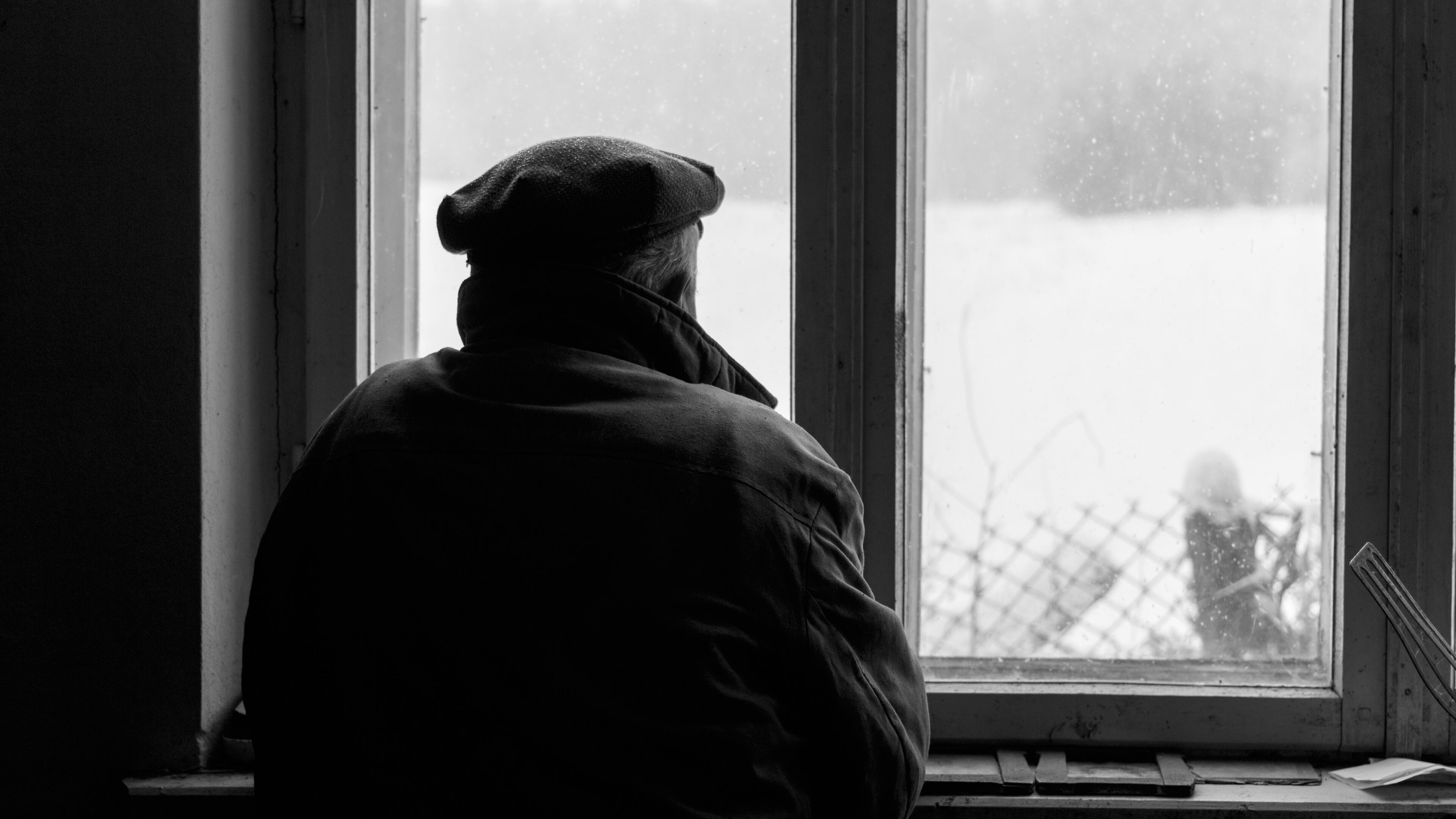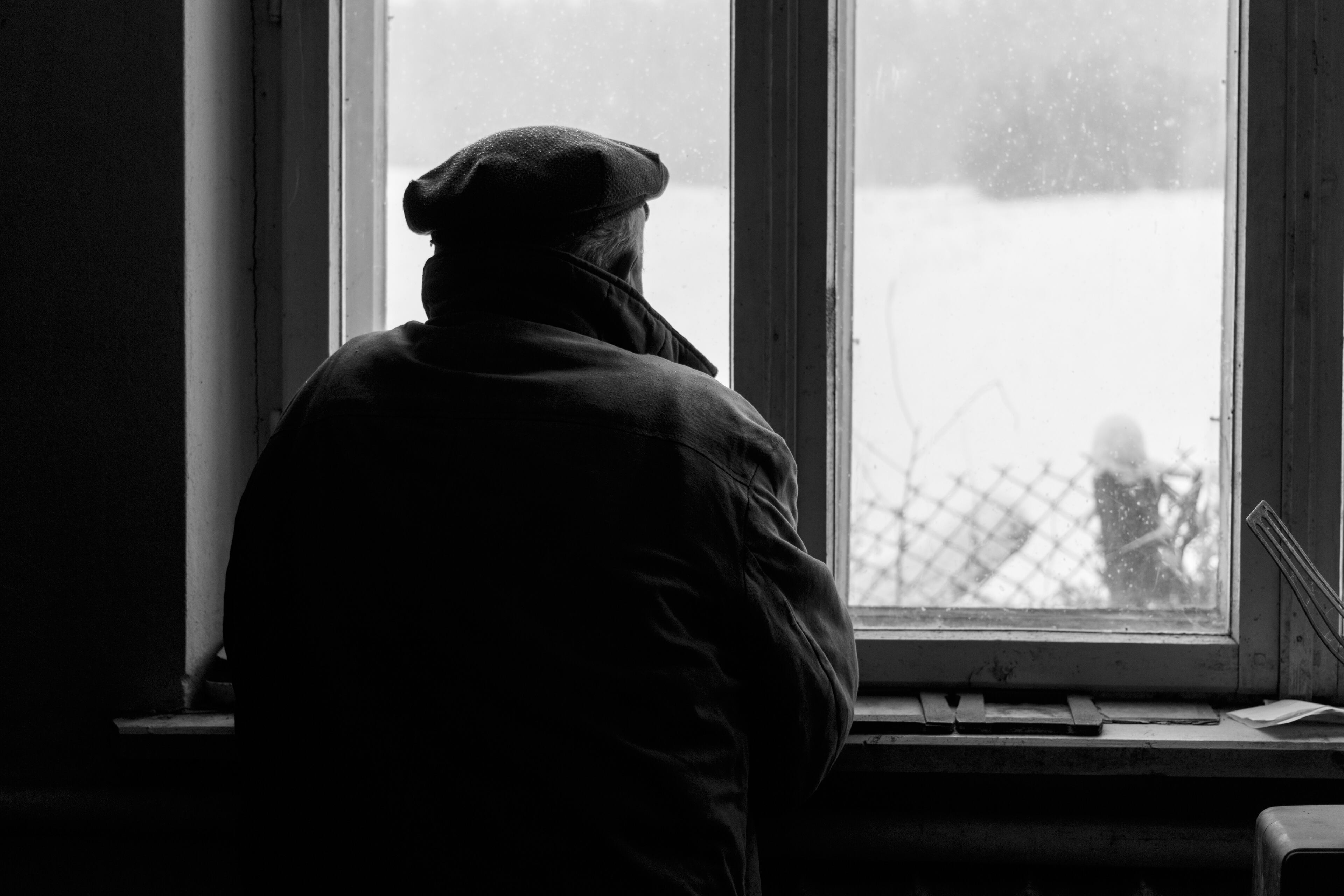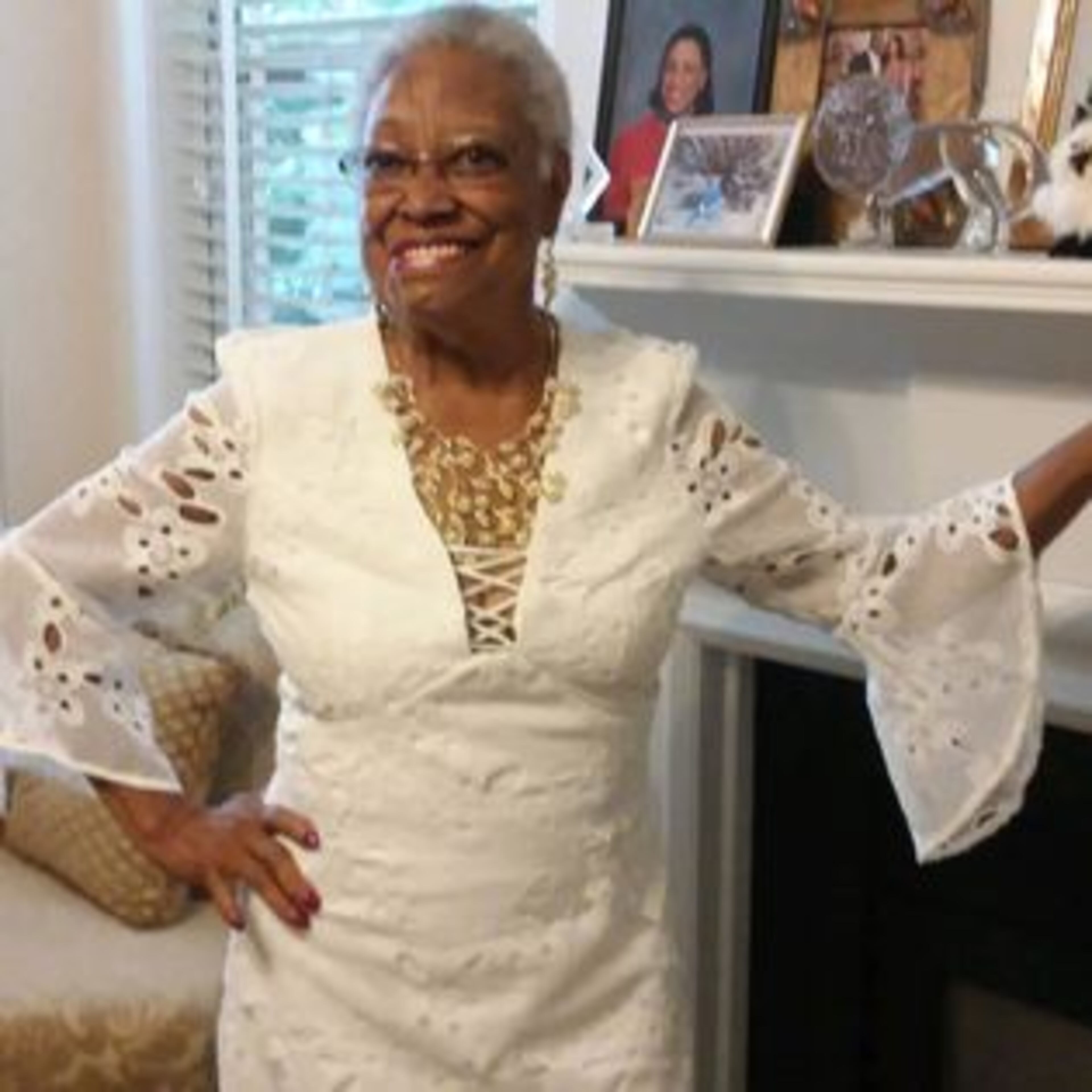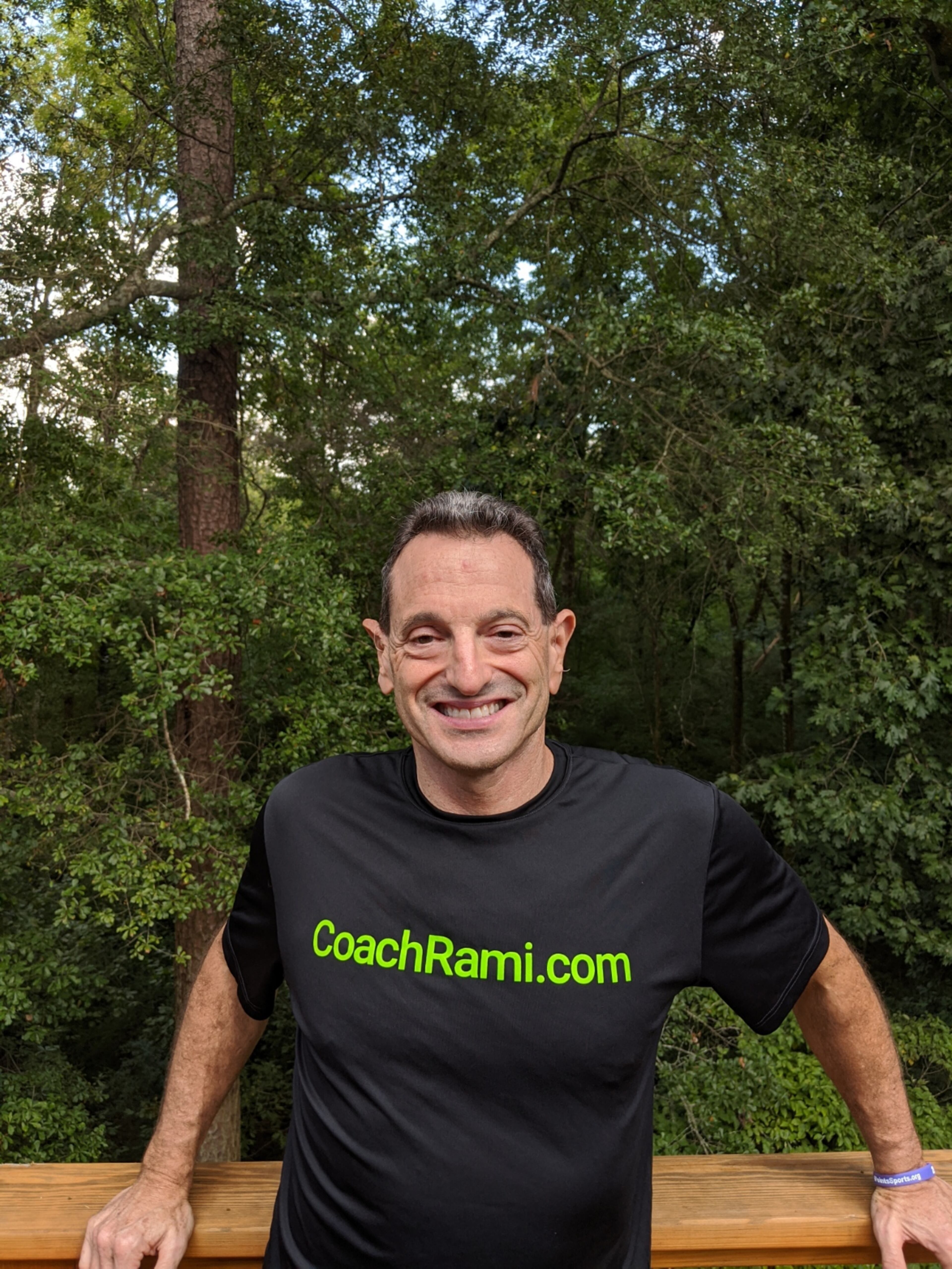Learning to ask for help


Experts agree that the signs of deteriorating mental health can come in a range of guises, from disrupted sleeping and eating patterns to being unreasonably disagreeable. It’s often difficult to immediately recognize when someone’s mental state is endangered, but Wilma Jenkins is ready to help older adults identify and cope with the causes.
At 82, Jenkins has lived with her own depression for more than 30 years after two siblings died.
“They self-medicated themselves to death, and it wasn’t until they were gone that we began to talk about depression in the family,” she said. “For so long, there’s been such a stigma associated with mental illness that no one wants to talk about it, especially in my African American community.”

“For so long, there's been such a stigma associated with mental illness that no one wants to talk about it, especially in my African American community."
When Jenkins retired in 1993, she signed up with the Atlanta Regional Commission’s senior volunteer network. Last year, she trained to give workshops on mental health and conducted one in February 2020 before COVID commenced. She’s been sheltering alone in her South Fulton home ever since.
“And I’m continuing to deal with depression,” she said. “Not being able to go out and do things is not so good for me. Sometimes I’ll just get in my car and drive; that’s helped me be less depressed. Sometimes I pick up lunch and eat it in the park. I’m also in two book clubs that have Zoom meetings, and every Sunday I have a Zoom meeting with my family.”
Recognizing that an older person is depressed can be a challenge, said Tori Sorrells, part of Piedmont Healthcare’s Sixty Plus services, a group of social workers who deal exclusively with older adults whose mood disorders are often a form of depression.
“An older adult who has other things to manage, like chronic pain, may focus on those complaints and under report anxiety,” said Sorrells. “But they’re often at higher risk for these issues because of things like bereavement – they’ve outlived many of their friends and family. They may experience loneliness and isolation.”
The pandemic has played into those problems, Sorrels said.
“In order to be physically , cognitively and emotionally healthy, we need to move, eat a healthy diet, get enough sleep, manage stress and be socially connected,” she said. “Yet in the pandemic, we’ve told older adults to go home and shelter in place, and at home they’re often alone. And senior centers have typically not been open, so many older adults saw an immediate drop in their social connections which has contributed to depression and increased anxiety.”
At the same time, Laura Morse, a licensed professional counselor in Atlanta, sees older adults reluctant to ask for help.
“Many older clients come from a generational or cultural view where you didn’t ask for help or talk about your feelings,” she said. “They’re aging, they may miss their families, they don’t have access to friends or a sense of purpose like they used to. And now the whole world has gone through shock, trauma and grief, and symptoms of depression and anxiety show up.”
Whether a person asks on their own or has a family member or physician who notices changes in appetite, sleep and activity, Morse said professional help can make a difference. “A trained mental health professional who understands that this is a valid, normal experience can help you do something about it; there are ways to change. Therapy can help people feel understood and heard in a space where they can say anything without retribution. There’s something beneficial and hopeful about having that space and time.”
Fifty-nine-year-old Eric Schwartz said he’s been in therapy “long term” for mild depression and sees nothing but benefits.
“I have the sense there are people who think if you see a therapist something is wrong with you, and you can’t fix your own problems,” said the Northlake resident. “But that didn’t deter me from seeking help. The fact is, adulthood is hard, with the demands of being a functioning parent, spouse and contributor to society, and balancing all that while taking care of yourself, is not easy. And if for any reason you didn’t escape childhood without some damage, it’s even more challenging. For me, the benefits have made me a better father, husband and worker who’s functioning at a much higher level. I’d like to let people know it’s OK to ask for help. In fact, it’s a sign of strength. Don’t let a stigma prevent you.”

“ . . . it's OK to ask for help. In fact, it's a sign of strength. Don't let a stigma prevent you."
Schwartz, a management and technology consultant, was laid off during COVID and has been sheltering at home with his spouse. He’s coped by keeping up his professional network, exercising, participating in educational webinars and doing more volunteer work with his congregation at The Temple in Midtown, where he chairs the racial justice committee.
“We do a lot of education and some advocacy around criminal justice reform and voting rights, and that has kept me busy,” he said. “In fact, I’ve been able to do a lot of it because I had the strength and awareness of what I need to do for self-care to function well.”
One local organization keeping a close eye on seniors’ mental health is the Atlanta Regional Commission, where Mary Newton has been the Innovations Team project coordinator since 2015. This year, grants have enabled the team to start a community coaching program that sends a staffer into neighborhoods to connect older adults with a variety of services, including those around mental health.
“There’s a common misperception that isolation and depression are normal parts of growing older, but when I grew up, my grandmother and grandfather lived in the same house as us,” said Newton. “Our system of socialization has changed. We’re also not marrying as much, so there are more single people. And the Baby Boomer generation has been more independent, but when people retire, they don’t necessarily have the same family connections. So mental health challenges are often exasperated by isolation and loneliness”
The country is seeing higher numbers of mental health cases, particularly as the largest generation of older adults moves into retirement and beyond, said Newton.
“The problem is mushrooming, and it’s very real,” she said. “Being lonely and isolated is as bad as smoking 15 cigarettes a day.”
The good news is that help is available, though it might require some searching to find the right treatment, said Morse. “Don’t stop asking for help because someone says, ‘I don’t have the answer.’ There are many ways to get that answer. Just don’t stop looking.”
Help for yourself or a loved one who exhibits signs of mental health distress is available through the following resources:
The Georgia Department of Human Services, division of Aging Services lists connections for individuals as well as caregivers on a range of age-related concerns. 404--657-5258, aging.georgia.gov.
Empowerline is a resource from the Atlanta Regional Commission for aging, disability and caregiver concerns. Live chats connect callers to professionals. 404-463-3333, empowerline.org.
Piedmont Sixty Plus Services offer a variety of support for older adults. A chat line makes instant connections. 404-605-3867, piedmont.org/sixty-plus/sixty-plus-home.
Psychology Today is one of the largest online sites for mental health support and includes a link to find local therapists. Psychologytoday.com.

